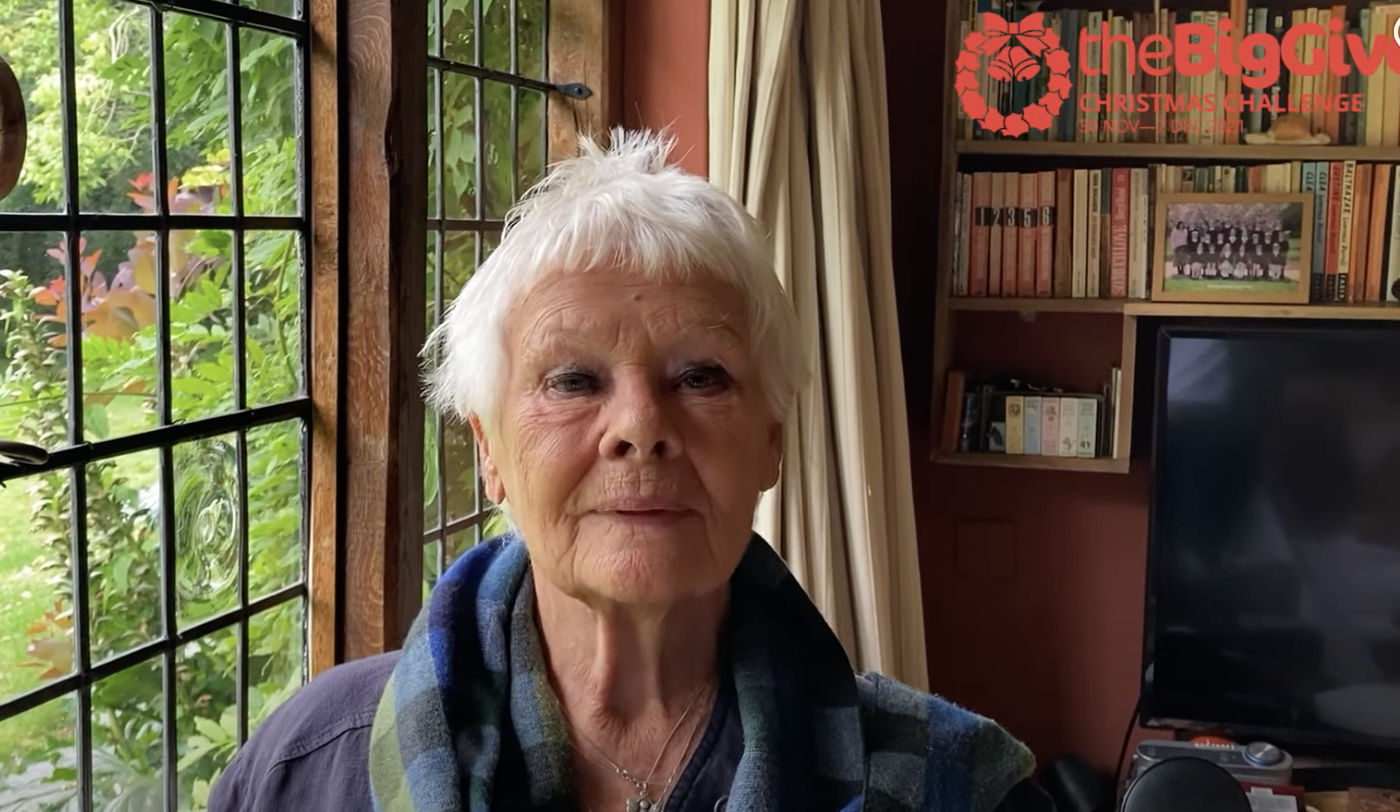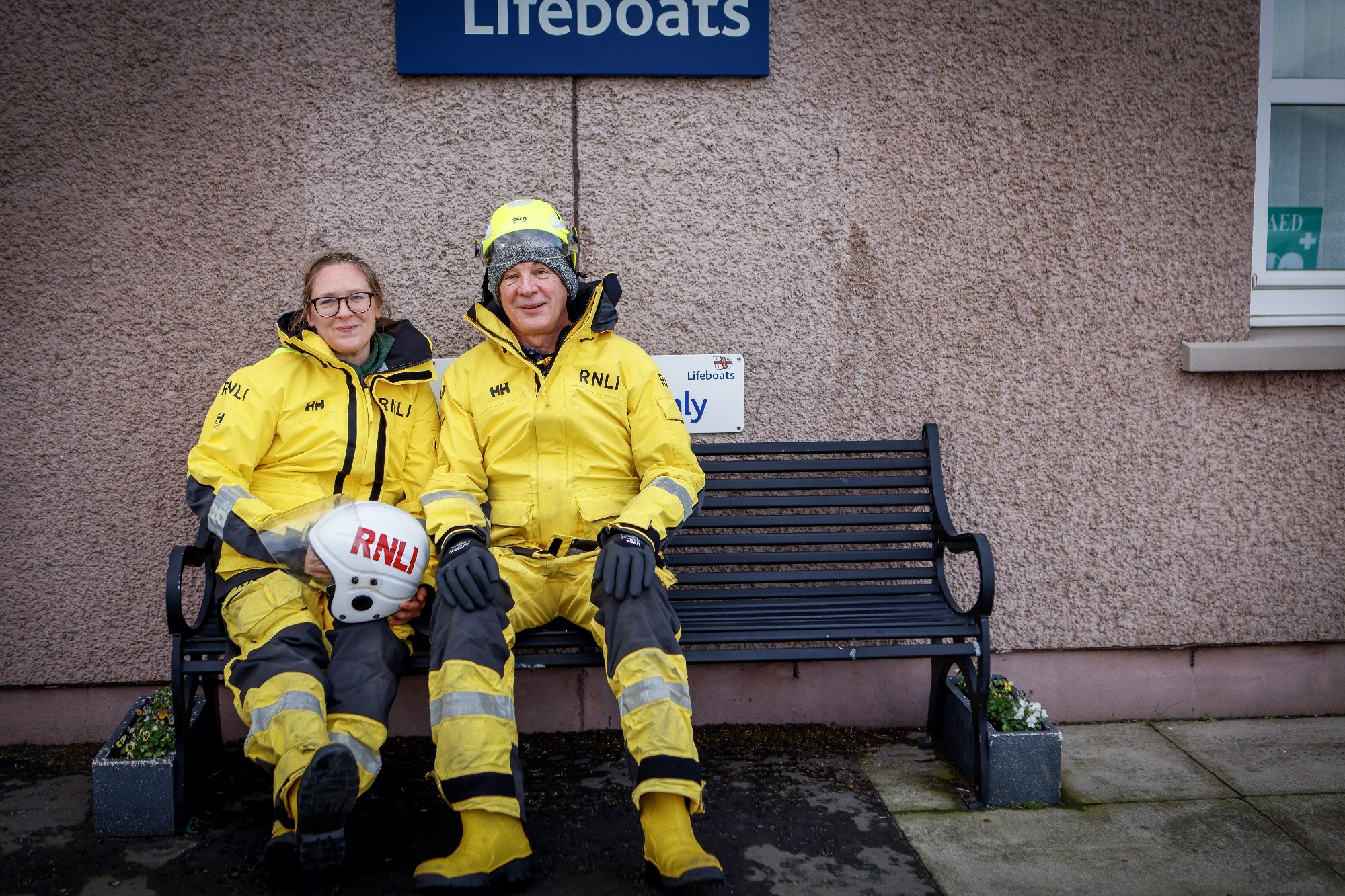A major shift in fundraising took place last year.
For the first time a dedicated match funding campaign raised more than established events such as Comic Relief and Children in Need.
The event was The Christmas Challenge, the flagship campaign by match funding organisation the Big Give.
This week long event, which sees its cohort of funders match money donated by the public, raised £44.7m and attracted more than 119,000 donations from the public, with three in four meeting or exceeding their fundraising targets.
Also, match funding from its partners reached £20m. These included The Reed Foundation, Julia Rausing Trust, The Childhood Trust, The Hospital Saturday Fund, ShareGift, Steve Morgan Foundation, Candis Magazine, Hampshire Cricket Foundation, Aesseal and The Coles-Medlock Foundation.
Money raised outstripped its previous year's tally of £33m the previous year, Comic Relief’s on the night total last year of £38.6m and Children in Need’s £39.2m raised.
To put this into further context of match funding, since 2008 the Big Give has raised more than £346.8m for more than 19,000 charity projects. Its other annual match funding campaigns include the Green Match Fund, Champions for Children, Women and Girls Match Fund and Arts for Impact.
And this year there is no let up in the march of match funding. To coincide with Small Charity Week in June, Big Give, along with NCVO, media firm Global’s charity arm Global Make Some Noise and the People’s Postcode Lottery, are launching an inaugural small charities match funding campaign.
Here we focus on why match funding is proving so popular among charity supporters.
What is match funding?
While grant making bodies are the most common way of matching funds from the public, match funds can come from a variety of sources.
This includes employers, individual donors and government departments.
The most frequent use is in doubling donations, but it can also exceed this or perhaps 50p for each £1 raised by the public can be offered.
Events can also contain a part match funding element to them.
For example, for last year’s Comic Relief event the UK government donated £6m in match funding to good causes working with communities, tackling climate change and supporting women and girls in Ghana, Zambia and Malawi.
Incentivising giving
Research commissioned by the Big Give, Charities Trust and the Royal Bank of Scotland found that match funding is a successful way of incentivising people to give.
It found that more than four in five people surveyed are more likely to give to a charity appeal because of the matching being offered. This research found that matched gifts are 2.5 times higher on average than those without this incentive added into the campaign. Half of respondents said they gave up to 50% more because of the matching.
In addition, one third of respondents say they only give to an appeal because of the match funding and nearly half felt that even though they may have given to an appeal anyway the match funding element made them more likely to give.
When researchers compared an unmatched and a matched disaster appeal, they found that one with matched funding raised three times more in online donations and five times more in total.
“It seems like a ‘no-brainer’: If you offer to double their donation then more people will give,” found researchers.
Further research published by Big Give found that three quarters of charities believe match funding results in more donations compared to non-match funded campaigns.
Increasing charities’ profile is another benefit of being involved in match funding campaigns, this research also found.
It found that more than nine in ten charities involved in Big Give's Christmas Challenge received donations from new donors. This equated to around a quarter of all donations received. The same proportion of charities said match funding involvement had helped to develop relationships with their supporters.
Employer match funding
This research also found that match funding can be successful when deployed by employers.
It cites evidence from Australia which found that three in five employees who donated to charities through payroll giving did so because “my company matches my donation”.
Separate research released in January by Charities Aid Foundation found that firms are more attractive to recruits if they offer such match funding schemes to help charities.
More than half of workers say that working for a firm that supports charities increases their loyalty to their employer and their pride in working there. This increases to more than three in five among generation Z workers.
But only one in four firms donate to charities, this research found.
Charities to benefit from match funding
Among charities to benefit from last year’s Big Give Christmas Challenge was Turquoise Mountain, which supports communities in Asia.
“Our successful Big Give Christmas Campaign will be massively impactful for the artisans we work with in Afghanistan, Myanmar, and the Middle East,” said its president Shoshana Stewart.
“The power of individual generosity and matching funds is immense - but the need for support is also immense - and we are so grateful to everyone who makes this work possible.
Another is the Foundling Museum, which supports people who have been in care.
“We are thrilled and incredibly thankful to the many individuals who helped us raise over £22,500,” said its director Emma Ridgway.
The funding “is essential” for the Museum's activities “including arts programmes for young people with care experience, along with exhibitions and events which explore important stories about love, loss, and care”, she added.
Latest News
-
Oxfam to launch independent review into CEO’s departure
-
Hospice charity axes senior management tier to tackle deficit
-
Former government minister becomes children's charity's first CEO
-
Mencap takes over closed charity’s shops amid retail expansion
-
Breast cancer charity founder steps down after 30 years
-
Friday funding roundup - 9 January
Charity Times video Q&A: In conversation with Hilda Hayo, CEO of Dementia UK
Charity Times editor, Lauren Weymouth, is joined by Dementia UK CEO, Hilda Hayo to discuss why the charity receives such high workplace satisfaction results, what a positive working culture looks like and the importance of lived experience among staff. The pair talk about challenges facing the charity, the impact felt by the pandemic and how it's striving to overcome obstacles and continue to be a highly impactful organisation for anybody affected by dementia.
Charity Times Awards 2023
Mitigating risk and reducing claims

The cost-of-living crisis is impacting charities in a number of ways, including the risks they take. Endsleigh Insurance’s* senior risk management consultant Scott Crichton joins Charity Times to discuss the ramifications of prioritising certain types of risk over others, the financial implications risk can have if not managed properly, and tips for charities to help manage those risks.
* Coming soon… Howden, the new name for Endsleigh.
* Coming soon… Howden, the new name for Endsleigh.
Better Society

© 2021 Perspective Publishing Privacy & Cookies











Recent Stories